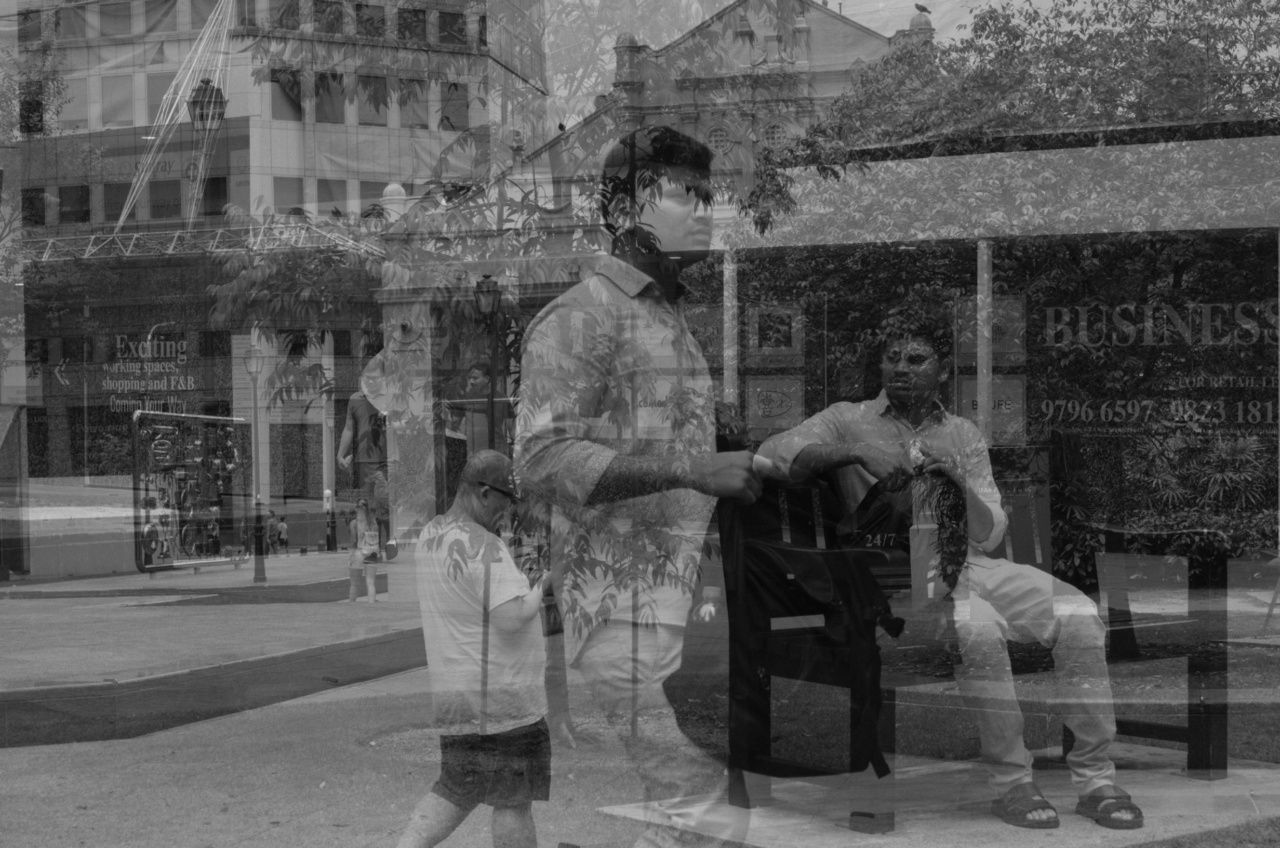Caffeine is the world’s most widely consumed psychoactive substance. It is found in various beverages and foods, including coffee, tea, energy drinks, and chocolate.
While moderate caffeine consumption can offer several health benefits, excessive intake can lead to numerous side effects. These may include irritability, restlessness, increased heart rate, digestive issues, and difficulty sleeping.
If you’ve consumed too much caffeine and are experiencing the negative effects, there are several strategies you can employ to counteract them. Below are three effective ways to mitigate the impact of excessive caffeine consumption:.
1. Stay Hydrated
One of the primary effects of consuming too much caffeine is dehydration. Caffeine acts as a diuretic, which means it increases urine production and can leave you feeling parched.
To counteract this, ensure you stay well-hydrated by drinking plenty of water throughout the day.
Dehydration can exacerbate the side effects of caffeine, such as headache, dizziness, and fatigue. By replenishing your body’s water levels, you can help alleviate these symptoms.
Aim to drink at least eight glasses of water daily when you’ve had an excessive amount of caffeine.
2. Get Some Exercise
Engaging in physical activity is an effective way to counteract the effects of excessive caffeine consumption.
Exercise stimulates blood circulation and increases your heart rate, helping to diminish the jitters and restlessness caused by too much caffeine.
Exercise also promotes the release of endorphins, which are natural mood-enhancing hormones. They can help counterbalance any irritability or anxiety caused by an excess of caffeine intake.
Consider going for a brisk walk, doing some yoga, or engaging in any other form of exercise you enjoy to help lessen the negative effects of caffeine.
3. Practice Mindfulness and Relaxation Techniques
When you’ve had too much caffeine, it’s common to experience feelings of restlessness and difficulty in focusing. Practicing mindfulness and relaxation techniques can help calm your mind and alleviate these symptoms.
Meditation is one effective technique to promote relaxation and mental clarity. Find a quiet space and sit comfortably, focusing on your breath and letting go of any thoughts or worries.
This can help reduce the restlessness and hyperactivity caused by excessive caffeine consumption.
Another beneficial practice is deep breathing exercises. Sit or lie down in a comfortable position and take slow, deep breaths, filling your lungs completely, and exhaling slowly.
Deep breathing helps activate the body’s relaxation response and can counteract the physical and mental symptoms of too much caffeine.
Finding the Right Balance
While these three strategies can help counteract the effects of excessive caffeine intake, it’s important to find a healthy balance when it comes to consuming caffeine.
Moderation is key, as excessive caffeine consumption can lead to dependency and other long-term health issues.
Consider gradually decreasing your caffeine intake if you find yourself reliant on it to function throughout the day. Opt for healthier alternatives, such as herbal teas or decaffeinated beverages, to reduce your overall caffeine consumption.
This can help restore your body’s natural energy levels and decrease the need for excessive caffeine.
Ultimately, being mindful of your caffeine intake and employing these strategies when you’ve consumed too much can help you find balance and mitigate the negative effects.































